OnLive review
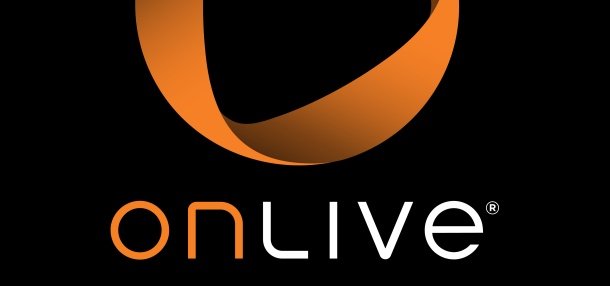
(This hands-on review first appeared in PC Gamer issue 234)
The post PC-era is upon us. Sometime soon, you won't need to actually own any computing hardware: instead, a single browser window that opens from your tablet into the cloud will offer on-demand processing power beyond the dreams of Intel's Core series or AMD's Bulldozer. Everything from phone calls to videogames will be virtualised. You will want for naught. Or at least, that's the theory.
Thanks to the UK launch of OnLive , the world's first streaming games service, we've finally got a better idea of whether that future is imminent or still jetpack-commuting-distant.
OnLive comes as either a desktop program for your PC or a cigarette box-sized set-top box that plugs into the TV and plays games off the internet. It connects you to the company's servers, and from then on everything you see on screen is being generated on their machines.
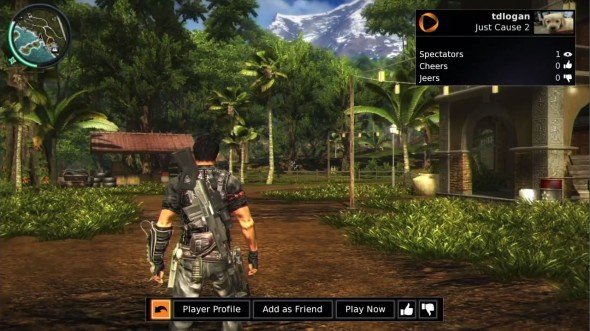
So instead of firing up Deus Ex: Human Revolution from your hard drive and loading the shaders into your GPU, for example, you simply start up the OnLive client and a virtual machine is created somewhere in their datacentre, which fires up a copy of the game.
The video feed from that instance is then divided up into 16 segments, which are individually compressed using an H.264 codec, and streamed to you via the internet. On your PC (or set-top box), the video and audio get decoded and stitched back together again. Your mouse, keyboard or game controller input signals, meanwhile, are sent the other way over the net back to their servers.
That is, clearly, an enormous amount of computing work to be done in real-time, and involves a massive physical distance to be travelled for every pixel drawn and every trigger fired – especially when, as technology stands at the moment, it's almost impossible to throw the video output of a game across your lounge wirelessly without introducing so much lag that it becomes practically unplayable.
The biggest gaming news, reviews and hardware deals
Keep up to date with the most important stories and the best deals, as picked by the PC Gamer team.
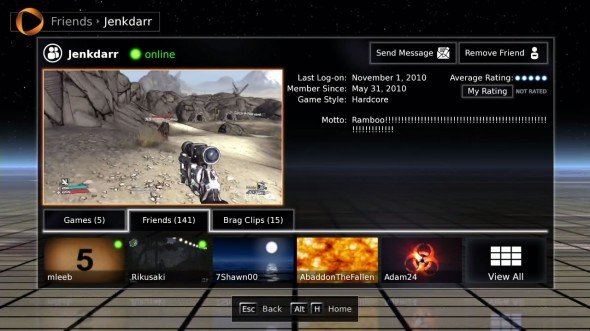
And yet streaming from the net via OnLive is remarkably playable. Obviously it feels a bit sluggish compared with playing on your own native hardware, but for many games, especially those designed with laggy console controllers in mind, including the likes of Arkham Asylum and Human Revolution, it's far from unpleasant. Funnily enough, it's some of the older games, like the “OnLive comes as either a desktop program for your PC or a fag box-sized set-top box for the TV” original Deus Ex, which are unplayable thanks to input lag.
There's no trickery involved either. The client software is truly tiny, and takes up less than 10MB of hard drive space. I've tried to locate a secret local game file cache in the hidden recesses of the darkest administration folders Windows has to offer, but it's just not there. When gaming, less than 10% of two CPU cores are utilised – roughly what you'd expect for HD video decodes, and not a complex 3D game.
But unlike other streaming services, like Spotify or iPlayer, I don't think OnLive quite hits the right balance of loss of quality against convenience. What they've achieved is remarkable, but it's hard to recommend paying for it, at least on the PC, just yet. The video isn't just highly compressed and full of artefacts, it's low-res in the first place too. That means details are lost and even a 2D shoot-'em-up looks fuzzy. I can't imagine playing LA Noire or a point-and-click adventure that relies on being able to see small objects to solve puzzles over OnLive.
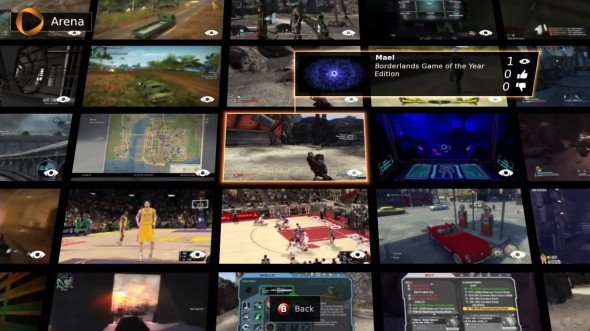
And that's when it's working well. Nothing breaks a game's sense of immersion more than tearing video, vocoder-like sound errors and a flashing “Network quality too low” button at the top of the screen. Which does happen.
From a technical point of view, it uses over 2GB an hour bandwidth too: that's bad news for anyone on a capped service or whose fair use policy will throttle their connection for 'heavy use'. BT currently excludes OnLive traffic from its cap, but it's not worth switching ISP for.
One conclusion, then, might be that OnLive is a great proof of concept, but we should really wait until it gets better – except that it is up against the limitations of the internet, not its own hardware. I'm not sure they can reduce latency further, at least over the existing public IP infrastructure. The technical hurdles of the future – improving quality and reliability – may actually be a bigger challenge than all of those the company has already overcome.
Even in its current state, though, I could see the service as a great supplement for gaming on a tablet or getting rid of consoles. What I'd love to see is a partnership between OnLive and, say, Steam – so if I'm at my PC I can play a high-quality local client, and if I'm out and about I'll settle for second-best and stream from the same save points.
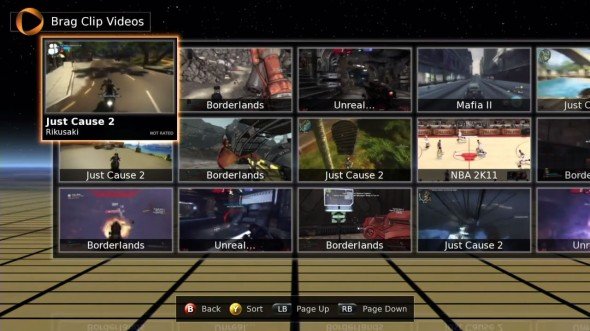
The problem is that there's no business model there for either company; the convenience just wouldn't be worth the premium they'd need to charge.
Even now, price is not OnLive's friend. You can pay £6.99 a month for free access to a library of over 100 games, which would be great – except that new releases are excluded from that archive.
You can compare this directly with Spotify, the music streaming service that offers unlimited access to millions of tracks at exceptionally high quality on any device for just £3 more a month.
I really admire what OnLive has achieved: I genuinely didn't think it was possible to get the service to be as good as it is. But with the gaming capabilities of even budget laptops so good these days, it's hard to see it as an alternative for PC gaming.

